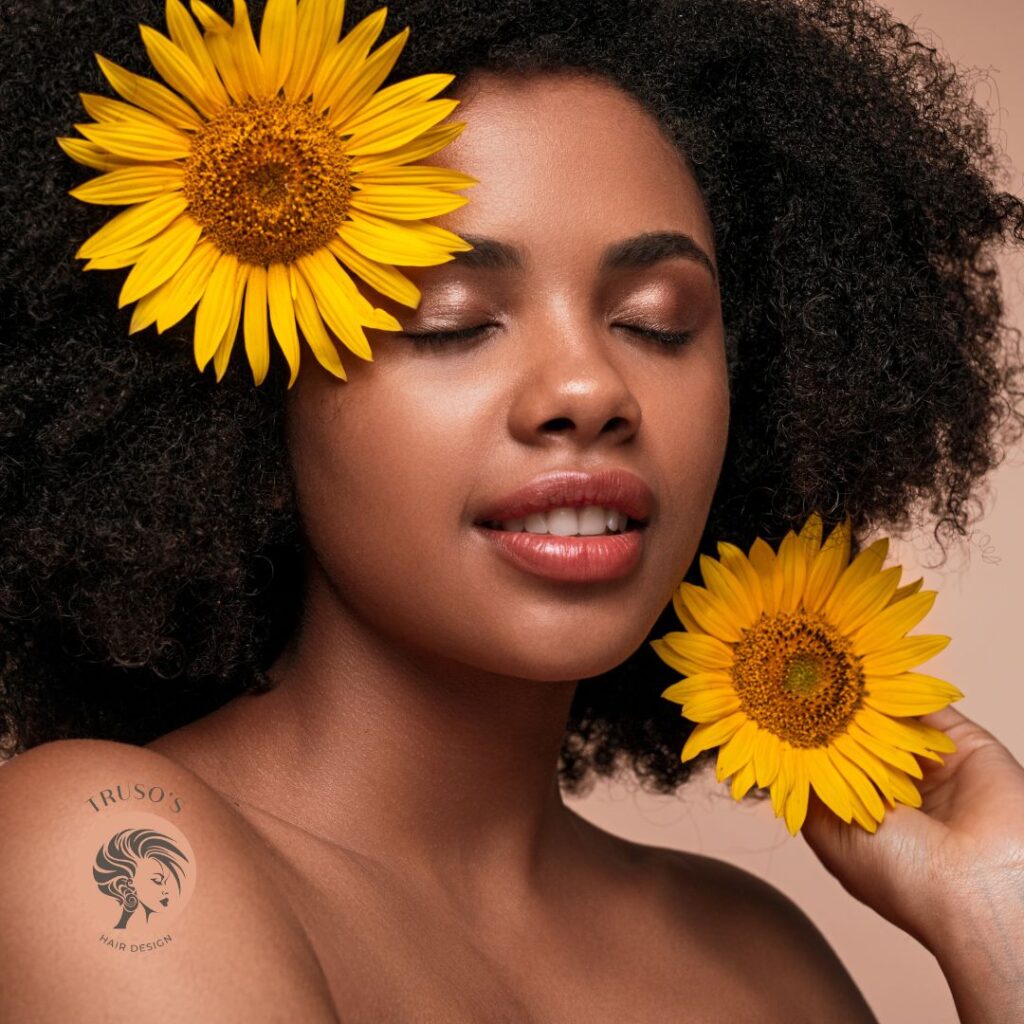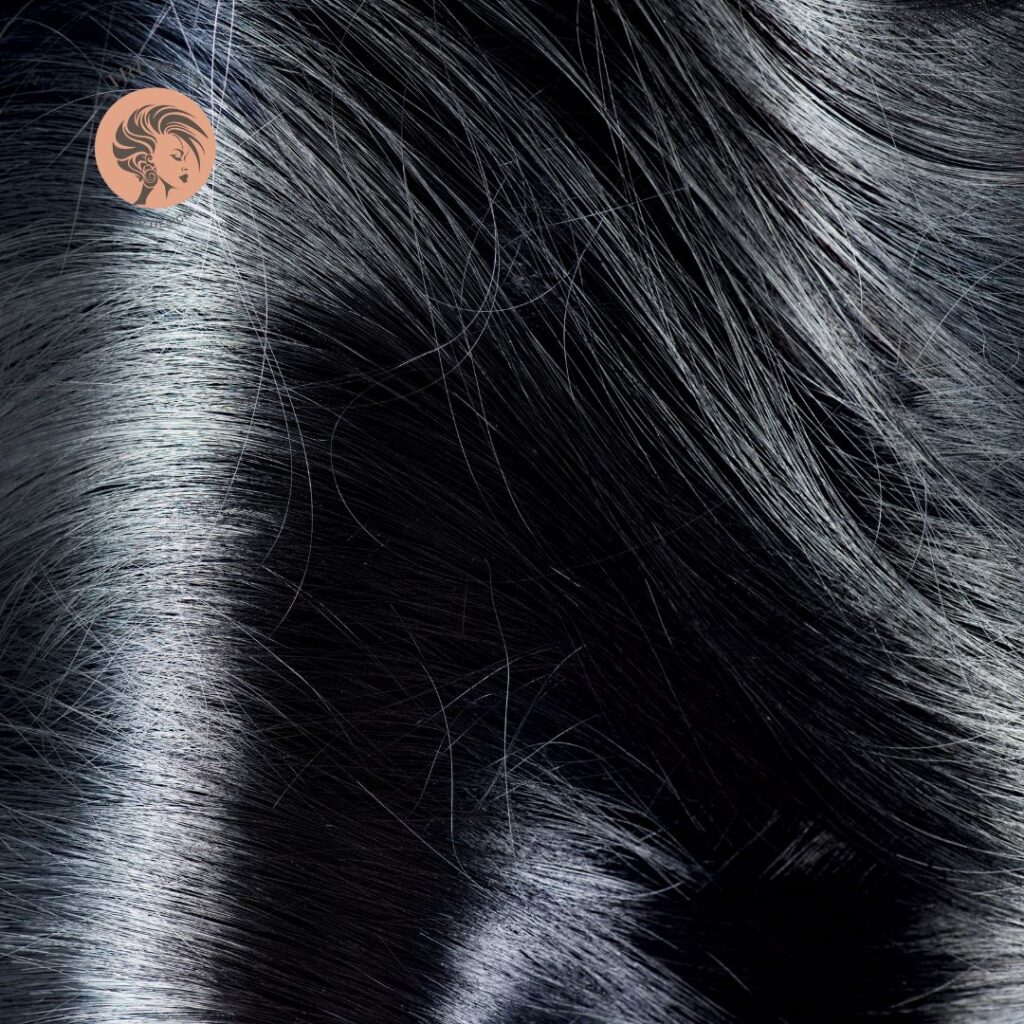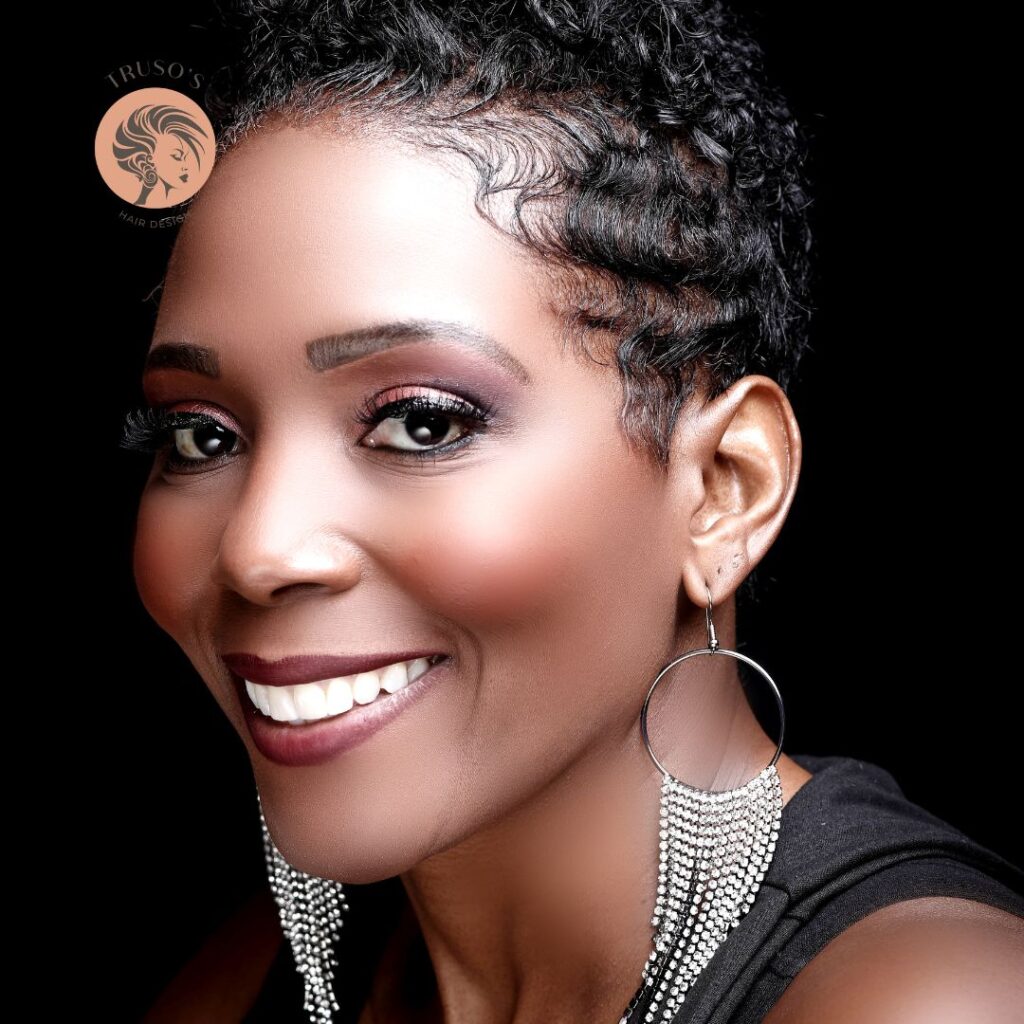What is the Texture of Black Hair?
When it comes to hair, texture plays a crucial role in defining how we care for it, style it, and understand its unique characteristics. For those with black hair, the experience can be both beautiful and complex. This blog post will delve into the various textures of black hair, exploring its unique features and providing tips on how to embrace and care for your natural locks.
Understanding Hair Texture
Hair texture refers to the thickness or diameter of individual strands as well as the overall pattern of the hair. It can be categorized into straight, wavy, curly, and coily types. Black hair often falls into the curly or coily categories, which can vary significantly from one person to another. The texture of black hair is influenced by genetics, environment, and even health factors.
Types of Black Hair Texture
Black hair is often classified using a system known as the Andre Walker Hair Typing System. This system categorizes hair into four main types:
- Type 1: Straight Hair – While rare in black individuals, some may have straight strands that are thick and coarse.
- Type 2: Wavy Hair – This type features loose waves that can range from fine to thick.
- Type 3: Curly Hair – Characterized by tight curls that can vary in size from loose ringlets to tighter corkscrew shapes.
- Type 4: Coily/Kinky Hair – This type has very tight curls or coils that may appear densely packed together. It is often described as having a zigzag pattern.
For many people with black hair experience, understanding these types can help in choosing appropriate products and styling techniques.
The Unique Characteristics of Black Hair
Black hair has several distinctive characteristics that set it apart from other textures:
Density
Black hair tends to be denser than other types due to its structure. Each strand may be thinner or thicker depending on individual genetics; however, many people with black hair have a higher number of follicles per square inch on their scalp compared to other ethnicities.
Porosity
Porosity refers to how well your hair absorbs moisture. Black hair typically has low porosity due to its tightly coiled structure which makes it harder for moisture to penetrate the cuticle layer. Understanding your porosity level is essential for effective moisturizing routines.
Elasticity
Elasticity measures how much your hair can stretch without breaking. Many individuals with black curly or coily textures experience varying levels of elasticity based on their overall health and care routine. Healthy black hair should stretch but return back without breaking easily.
Challenges and Triumphs
Living with black hair comes with its own set of challenges but also immense beauty and pride in one’s heritage:
Common Challenges
- Dryness: Due to its structure, black hair often struggles with dryness because natural oils produced by the scalp have a harder time traveling down each strand.
- Breakage: The delicate nature of curls means they are more prone to breakage if not cared for properly.
- Shrinkage: Many individuals notice significant shrinkage when their curls dry naturally; this can sometimes lead to frustration when trying to achieve certain styles.
- Product Overload: With so many products marketed towards black hair care, it can be overwhelming trying different options without finding what truly works for you.
Celebrating Natural Beauty
Despite these challenges, there is an incredible sense of community among those who share similar experiences with their textured locks:
- Cultural Identity: For many people with black hair experience, their natural texture is a source of pride that connects them deeply with their cultural roots.
- Versatility: Black hairstyles are incredibly versatile—from braids and twists to afros and locs—allowing individuals endless opportunities for self-expression.
- Community Support: Social media platforms have created spaces where individuals share tips on caring for textured locks while celebrating each other’s beauty through various styles.
Caring for Your Hair
To maintain healthy black hair regardless of texture type requires dedication but pays off immensely:
Moisturizing Regularly
Investing in quality moisturizers designed specifically for textured locks will help combat dryness effectively. Look for products containing ingredients like shea butter or coconut oil which provide deep hydration.
Gentle Cleansing
Using sulfate-free shampoos will help maintain moisture levels while cleansing away dirt without stripping essential oils from your scalp.
Protective Styling
Incorporating protective styles such as braids or buns helps minimize manipulation while protecting ends from damage—especially during colder months when dryness tends to increase!
Conclusion
The journey through understanding what makes up our unique textures allows us not only insight into our own identities but also fosters appreciation within communities sharing similar experiences! Embracing every coil or curl leads us toward celebrating our individuality while creating connections through shared stories about our beautiful heritage! Whether you’re new on this journey or have been navigating it all along—remember that every strand tells a story worth sharing!
Visit our blog page for more articles!




